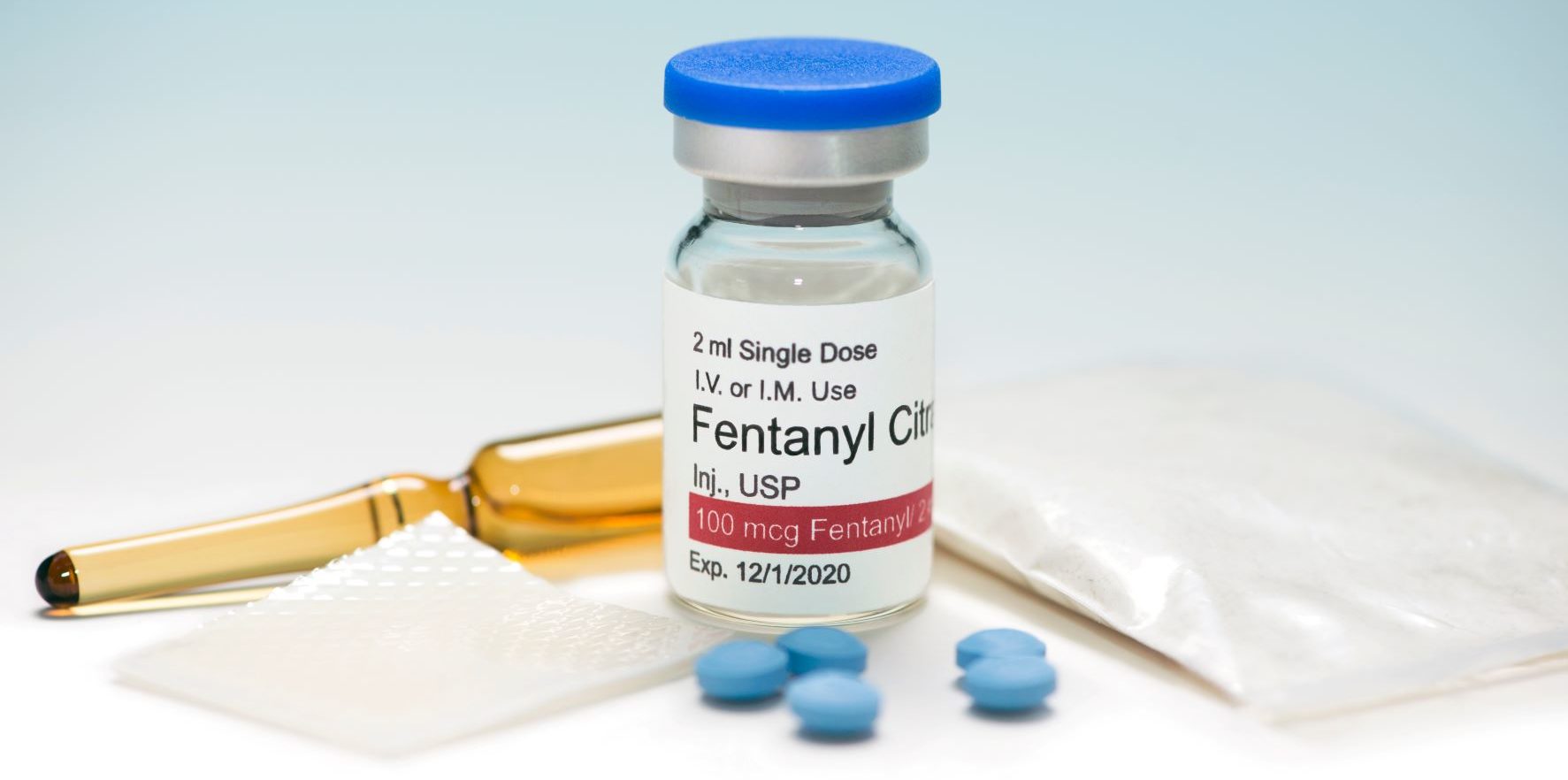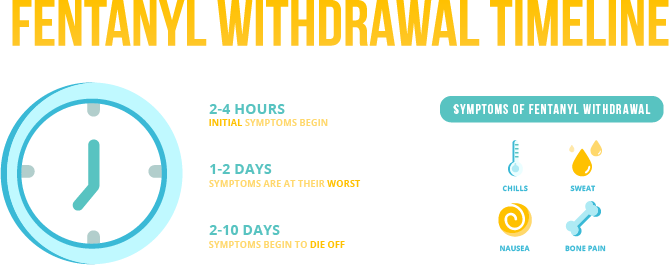Fentanyl is a powerful and addictive pharmaceutical drug. Fentanyl is typically prescribed for cases of severe pain. Like many other prescription drugs, fentanyl can be abused, which can lead to addiction and other effects. This is when fentanyl addiction treatment becomes necessary. There are a number of negative effects that can occur when fentanyl is abused. It is important to be aware of these signs and the dangers involved with fentanyl abuse. Fentanyl can be extremely powerful and can result in overdose or death if left untreated.
At Free by the Sea, we understand how ruthless drug addiction can really be. We’re here to help you get to a better place and towards a brighter future. We offer fentanyl detox, along with a number of other treatment options. There is no time to waste; let us help you or your loved ones today.

A Closer Look at Fentanyl
Fentanyl is a synthetic pharmaceutical drug in the form of an opioid pain reliever (OPR). This drug is extremely powerful and is usually best for relieving severe pain. It is said to be 50 to 100 times stronger than morphine.
Fentanyl can be taken after an intense surgery or during cancer treatment. This substance has many different names, but ultimately has the same function. Let’s take a look at some of the common brand names and forms of fentanyl:
- Actiq: A form of fentanyl that is placed under the tongue (like a lollipop). Used for cases where a person is already taking pain-relieving medications
- Sublimeze: Used in hospitals, occasionally used with anesthetics. An injectable form of fentanyl is used to relieve pain before and after surgery.
- Abstral: A quick-dissolve tablet that is administered under the tongue for immediate relief. It can also be used for people who are opioid-tolerant.
- Duragesic: A unique fentanyl patch used to help moderate to severe pain (effects can last up to 3 days)
- Subsys: A sublingual spray placed under a person’s tongue for immediate pain relief. Used to treat breakthrough cancer pain.
- Lazanda: A fentanyl nasal spray that is used similarly to common nasal decongestant sprays. It’s typically used for cases of cancer treatment.
Fentanyl Abuse
As with many opiates, like fentanyl, there is always the potential for abuse and eventual addiction. Over time, a person can begin to experience a number of effects on their mind and body. Fentanyl can also be especially dangerous because of its powerful effects on a person.
Fentanyl blocks pain receptors in the brain and increases the happiness-inducing chemical dopamine. Some people misuse fentanyl to get its euphoric effects. Misuse of a drug occurs when someone takes a drug that wasn’t prescribed for them or in a way that their doctor did not intend.
As with other drugs, fentanyl has several common street names. Fentanyl is sometimes referred to as the following:
- TNT
- Crush
- Apache
- China girl
- Dance fever
- China white
How People Use Fentanyl Illegally?
- Pills and Tablets: Illicitly manufactured fentanyl is often pressed into counterfeit pills that resemble prescription opioids like oxycodone or Xanax. Users may unknowingly consume fentanyl, thinking they are taking a less potent drug.
- Powder Form: Fentanyl is sold as a powder, which can be snorted, smoked, or dissolved for injection. It is sometimes mixed with other drugs like heroin, cocaine, or methamphetamine to increase potency, often without the user’s knowledge.
- Laced Drugs: Dealers frequently mix fentanyl with other substances to enhance their effects or reduce costs. This practice is particularly dangerous because users may not realize they are consuming fentanyl, leading to accidental overdoses.
- Transdermal Patches: Prescription fentanyl patches, intended for pain management, are sometimes misused by extracting the drug and ingesting, injecting, or smoking it.
- Nasal Sprays and Lozenges: Although less common, prescription forms like nasal sprays or lozenges can be diverted for misuse.
The illegal use of fentanyl is extremely dangerous due to its high potency, 50 to 100 times stronger than morphine. Even a tiny amount can cause a fatal overdose, especially when users are unaware of its presence in other drugs. This has contributed significantly to the opioid overdose crisis. This is what makes fentanyl rehab so valuable for the public.
The Effects and Symptoms of Fentanyl Abuse
There are a variety of negative effects that fentanyl can have on the body after continuous use. It is crucial to be aware of these signs so you can get help for a loved one or those close to you. Fentanyl has a huge risk for substance use disorder, no matter what form it comes in.
As mentioned earlier, people who consume fentanyl at an unprescribed level will experience extreme euphoria. Additionally, they will enter a relaxed state similar to that of a heroin ‘high’. Along with these feelings come a number of negative, potentially fatal effects on the body, including the following:
- Headaches
- Dizziness
- Seizures
- Itching
- Slowed breathing
- Blurry vision
- Drowsiness
- Euphoria
- Mellowness
Fentanyl Overdose
Over time, a person may build up a certain tolerance to fentanyl. This can cause a number of more severe issues, one of which is a possible overdose. Simply abusing fentanyl carries the risk of an overdose, but building tolerance to such a powerful drug can be especially dangerous.
An overdose occurs when a certain drug (in this case, fentanyl) produces dangerous and life-threatening symptoms. Fentanyl, in particular, can slow down someone’s breathing, sometimes to a complete stop. This effect can result in hypoxia, which is a decrease in oxygen to the brain. This can lead to permanent brain damage, coma, or death.
A fentanyl overdose is typically treated with a drug called naloxone. When administered in a timely manner, naloxone can reverse the effects of opioid drugs. Due to fentanyl’s power, multiple doses of naloxone may be required. If you suspect that a loved one or someone you know may be overdosing, do not wait; call 9-1-1 immediately and get help.
Fentanyl Addiction and Withdrawal Symptoms

Fentanyl is extremely addictive due to its potency. Even when taken as instructed by a doctor, a person still has the chance of becoming dependent. When someone stops taking fentanyl, they tend to experience a number of withdrawal symptoms. While dependence doesn’t necessarily mean someone is addicted, it can certainly lead to addiction in some cases.
When addiction occurs, a person’s life can completely spiral out of control. Their behavior, social group, and overall mindset can change when a drug like fentanyl is the source of addiction. Substance abuse disorders, like fentanyl addiction, require effective professional treatment, in this case, fentanyl addiction treatment.
Over time, certain withdrawal symptoms can begin to arise and worsen if left untreated. Some of fentanyl’s common withdrawal symptoms include the following:
- Trouble sleeping
- Intense cravings
- Bone and muscle discomfort
- Vomiting and diarrhea
- Goosebumps and cold flashes
- Uncontrollable movements (particularly, the person’s legs)
These uncomfortable and painful physical symptoms can make quitting extremely difficult for individuals to stop using fentanyl. Luckily, rehab centers like Free by the Sea are here to make your recovery process effective and comfortable. With a passionate staff and 24/7 help, we’re here to help people achieve full recovery with our fentanyl rehab program.
Fentanyl Addiction Treatment Options
The road to recovery can be uncomfortable and sometimes painful, but fentanyl addiction treatment is necessary. There are many treatment options that seek to help you break free from the chains of addiction. Recovery is possible and achievable with the right treatment resources.
Free by the Sea offers many treatment options for you and your loved ones. There is no excuse to wait; the time is now to get the help you deserve. Let’s take a look at some of Free by the Sea’s fentanyl addiction treatment options.
Fentanyl Rehab Programs
Fentanyl Detox
Drug detoxification is usually the first step in any addiction treatment program. Detoxification (or detox for short) purges the body of all substances. This helps tame some of the intense withdrawal symptoms. Additionally, detox opens up the doors for other treatment options. Detox alone isn’t enough to cure addiction, but it is a necessary step in the fight against opioid use disorder.
Residential Treatment Programs
Also known as inpatient treatment, residential programs offer 24/7 care in a structured, supportive environment. These programs are highly intensive and are recommended for individuals who require a safe space to focus entirely on their recovery.
Partial Hospitalization Programs (PHP)
A partial hospitalization program (PHP) serves as a middle ground between residential treatment and outpatient treatment. It’s designed for those who need significant support but don’t require 24/7 monitoring. PHP provides a high level of care while allowing individuals to return home each day.
Intensive Outpatient Programs (IOP)
An intensive outpatient program (IOP) is a flexible yet structured form of substance abuse treatment. It’s ideal for individuals who don’t need intensive medical monitoring but still require consistent support to maintain their recovery.
Medication Assisted Treatment
Since fentanyl is such a powerful and effective drug, other medications are sometimes used in the treatment process. Medication options like methadone and buprenorphine can be used to bind to the same opioid receptors in the brain as fentanyl. These can help reduce withdrawal symptoms and reduce the intense cravings associated with fentanyl addiction. Medication assisted treatment (MAT) is also beneficial for long-term recovery as it aids in relapse prevention.
Therapy Options
One of the most common forms of addiction treatment comes in the form of therapy. What many people forget is that addiction is more than just a physical dilemma; it has a variety of mental effects as well. Free by the Sea offers a variety of personalized therapy options to get you on the road to recovery. Common therapy options for fentanyl addiction treatment include:
- Motivational interviewing – Helps to motivate the person and get them to accept change for the better
- Cognitive-behavioral therapy (CBT) – A widely used therapy method that focuses on changing thoughts and behaviors. Can also manage stress and keep triggers under control
- Group therapy – Group therapy is a great option to share your unique recovery journey and open up about your own struggles with others in the same situation
These are just some of the more common therapy options used for addiction. Treatment is completely subjective, and some treatment options may work better for you than others. Free by the Sea will be by your side to help you choose the best recovery resources for you.
Get Help Through Our Fentanyl Addiction Treatment Program!
Take the first step toward reclaiming your life from fentanyl addiction with Free by the Sea in Ocean Park, Washington. Our compassionate team specializes in comprehensive recovery options, including residential treatment, outpatient rehab programs, partial hospitalization, intensive outpatient care, and dual diagnosis treatment. We understand the challenges of overcoming fentanyl addiction and are here to provide personalized, professional help in a safe, healing environment. You don’t have to face this battle alone. Reach out to Free by the Sea today and start your journey toward a healthier, brighter future. Hope begins here.

Dr. Richard Crabbe joined our team in 2019 as our psychiatrist and medical director. He attended the University of Ghana Medical School where he became a Medical Doctor in 1977. From 1978 through 1984, he was a medical officer in the Ghana Navy and provided a variety of services from general medicine to surgeries. He received his Certificate in General Psychology from the American Board of Psychology and Neurology in 2002.
Insurances We Accept
Free by the Sea recognizes the importance of having insurance to receive addiction treatment. Let us work with you to provide you or a loved one with premier addiction treatment services. We accept several private insurance plans. Verify your rehab coverage with us today to ensure you receive the support that you need! Find out if you are covered today!












